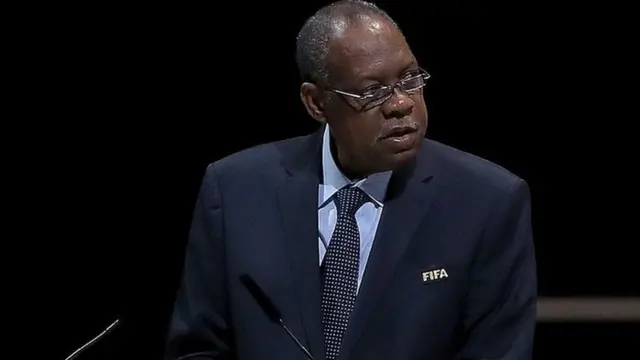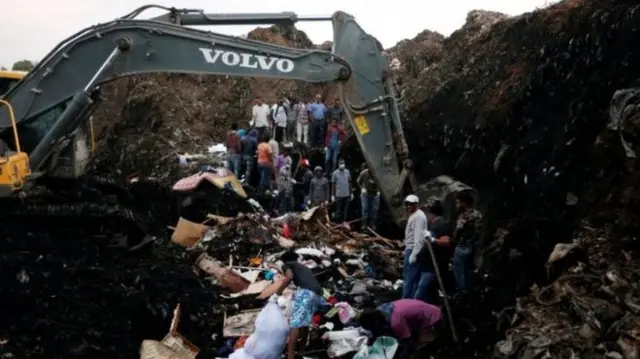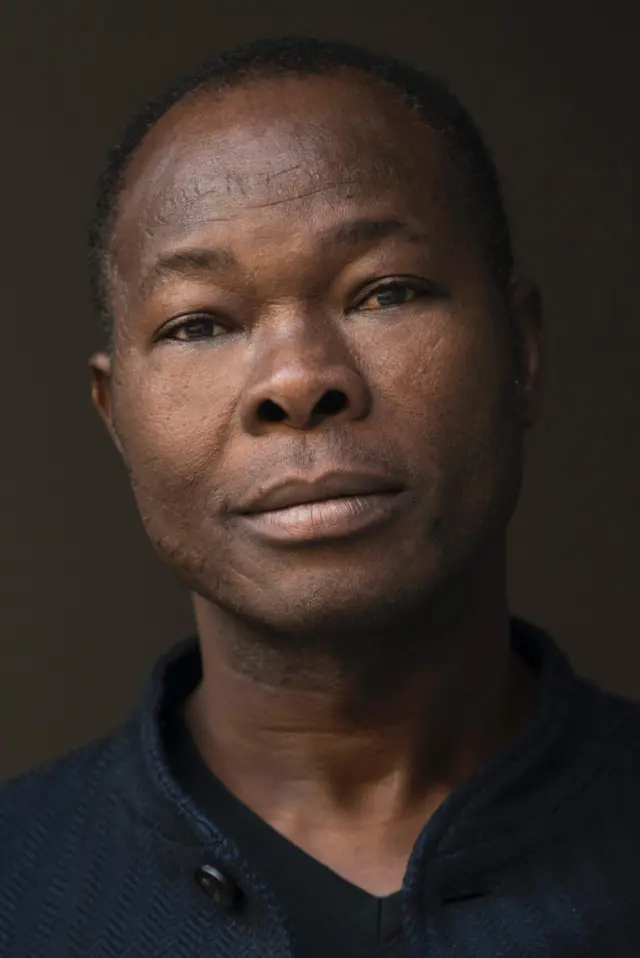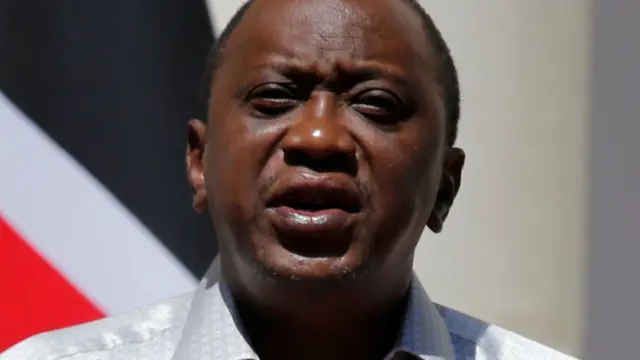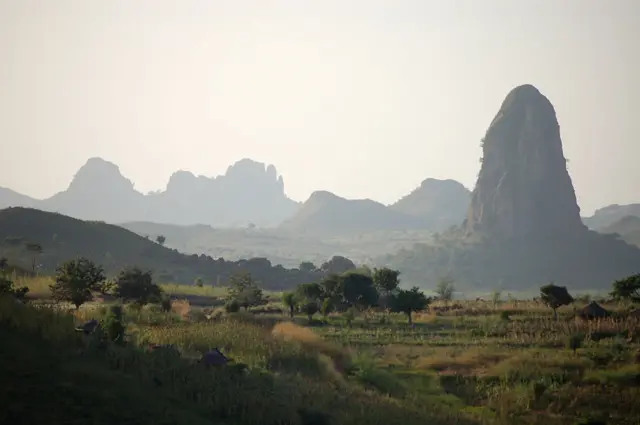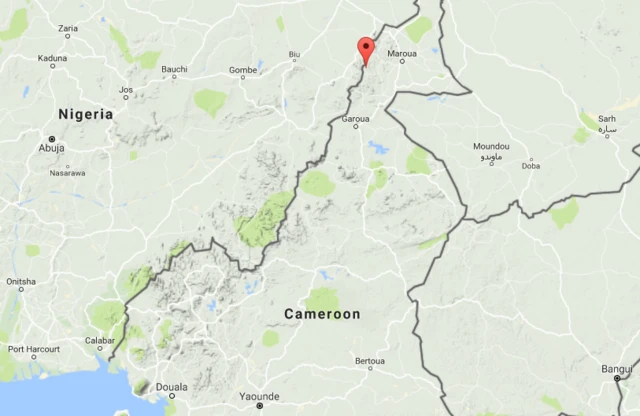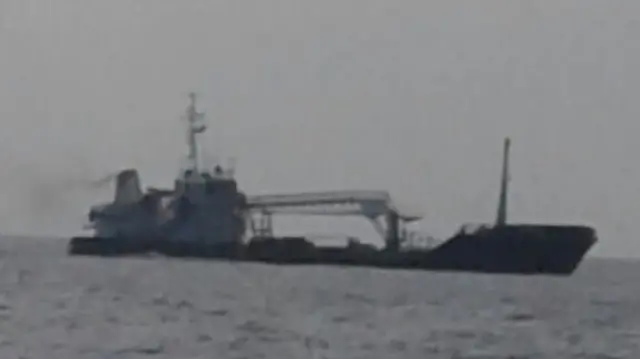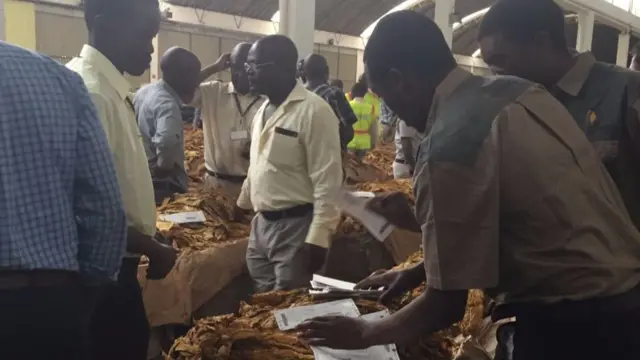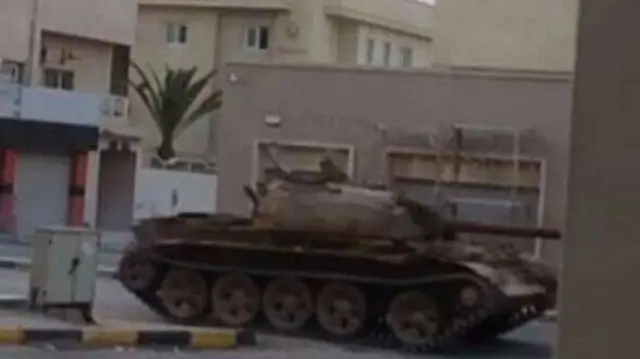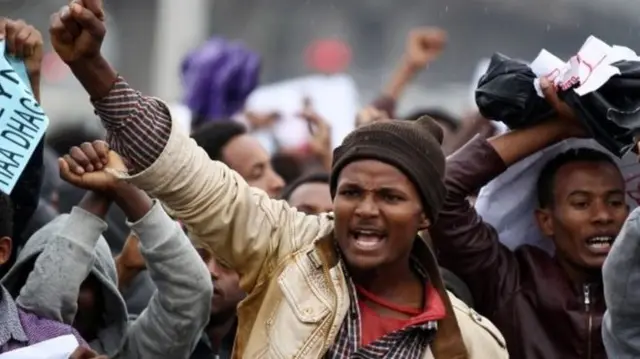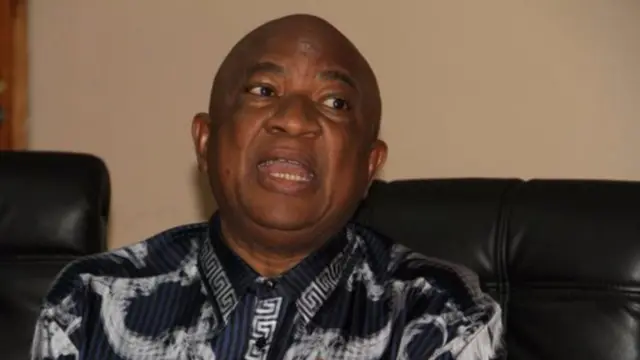Scroll down for Wednesday's storiespublished at 18:00 GMT 15 March 2017
We'll be back tomorrow
That's all from the BBC Africa Live page today. Keep up-to-date with what's happening across the continent by listening to the Africa Today podcast or checking the BBC News website .
A reminder of our proverb of the day:
Quote MessageA palm nut that wants to become palm oil will have a taste of fire.
A Yoruba proverb sent by Jamiu, Kano, Nigeria
Click here to send us your African proverbs
And we'll leave you with picture of sunset on the island of Zanzibar in Tanzania.
Allow Instagram content?
This article contains content provided by Instagram. We ask for your permission before anything is loaded, as they may be using cookies and other technologies. You may want to read Meta’s Instagram cookie policy, external and privacy policy, external before accepting. To view this content choose ‘accept and continue’.

